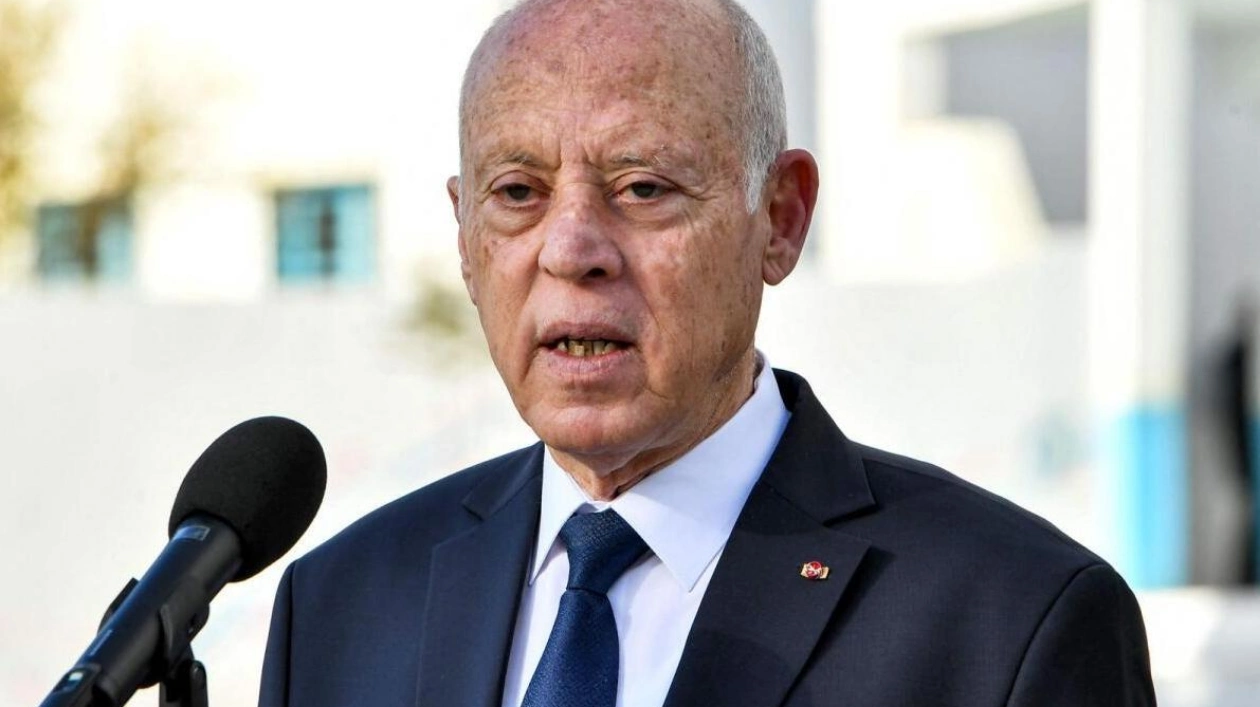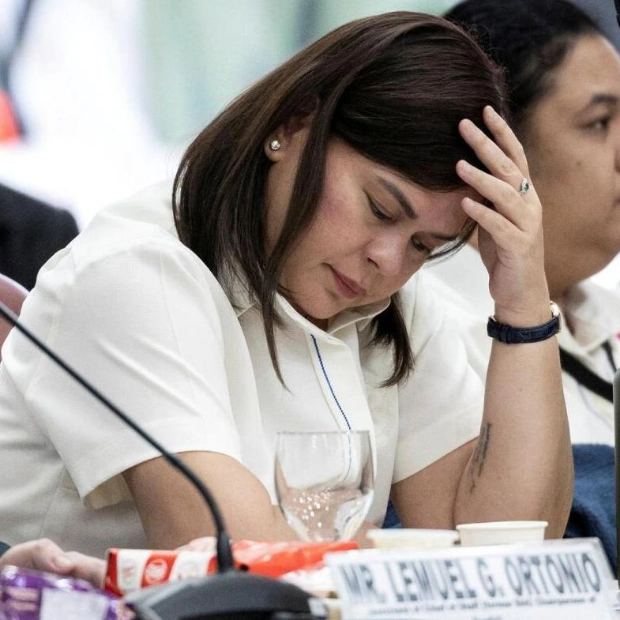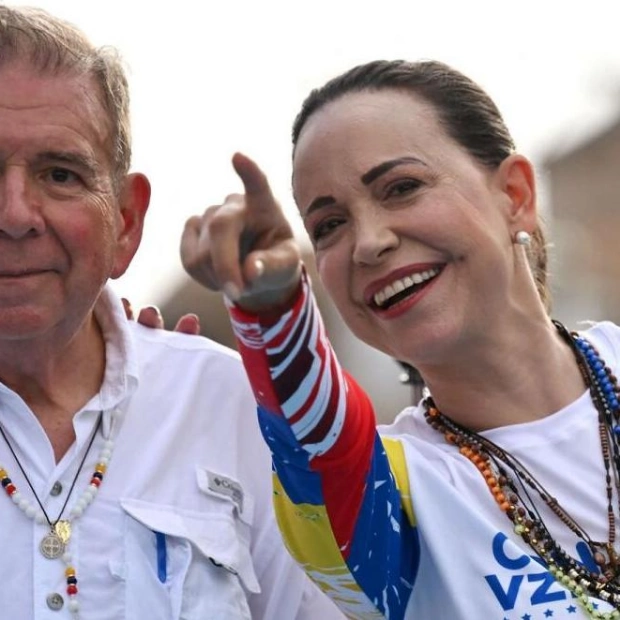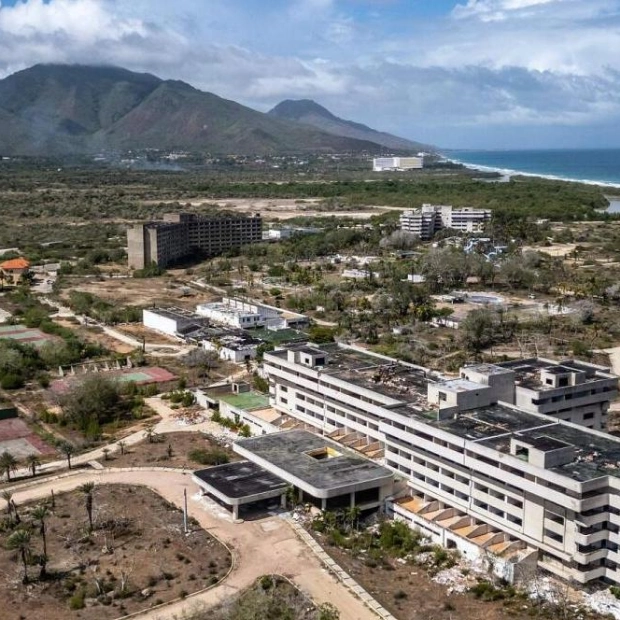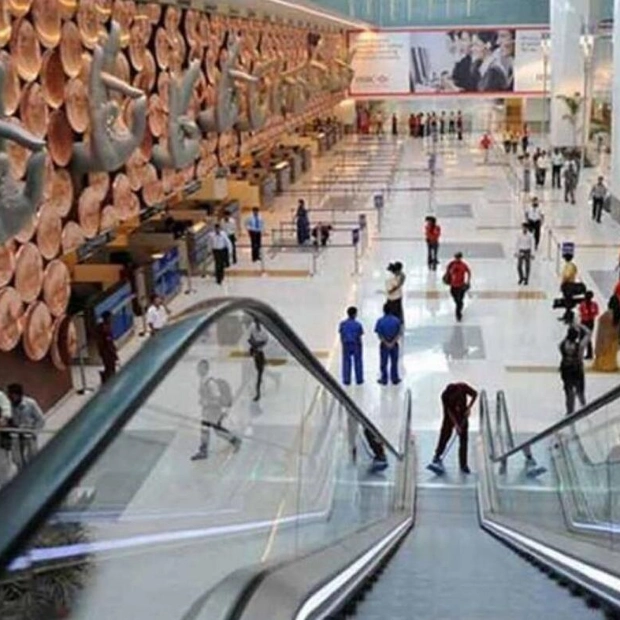Tunisian President Kais Saied, who assumed extensive powers two years post his 2019 election, officially filed his candidacy for the impending presidential election slated for October 6. At 66, Saied informed journalists in Tunis that his bid is part of a "liberation and self-determination battle" aimed at "forging a new republic". Analysts note that Saied's rivals encounter substantial hurdles in their quest to compete, with several potential candidates either incarcerated or facing prosecution. However, Saied refuted claims of his administration suppressing dissent, stating that those who discuss limitations are misguided. "I have not oppressed anyone, and the law is uniformly applied," he asserted. "I am here as a citizen seeking office." He further emphasized, "We will not tolerate any external entity meddling in our people's decisions."
Saied's candidacy declaration followed just two days after Abir Moussi, a prominent Saied critic who has been imprisoned since October, also submitted her candidacy. Other imprisoned contenders include Issam Chebbi, leader of the centrist Al Joumhouri party, and Ghazi Chaouchi, head of the social-democratic Democratic Current party, both detained for allegedly conspiring against the state. Over 20 of Saied's adversaries have been detained since a wave of arrests in February 2023. Recently, four women involved in the presidential campaign of rapper-turned-businessman Karim Gharbi, known as K2Rhym, received jail sentences for purportedly purchasing endorsement signatures. Additionally, three campaign staffers for media figure Nizar Chaari were detained under similar allegations, which Chaari vehemently denies.
Approximately 30 NGOs condemned the "arbitrary detentions" of candidates, an electoral body that has "lost its autonomy", and the "monopolization of public space" to support Saied's re-election efforts. "We are engaged in a liberation struggle and do not intend to curtail anyone's liberties," the president declared. "I have not intervened with the judiciary." To qualify for the ballot, contenders must submit a list of 10,000 voter signatures, with at least 500 signatures per constituency. Saied claimed to have gathered over 240,000 signatures.
